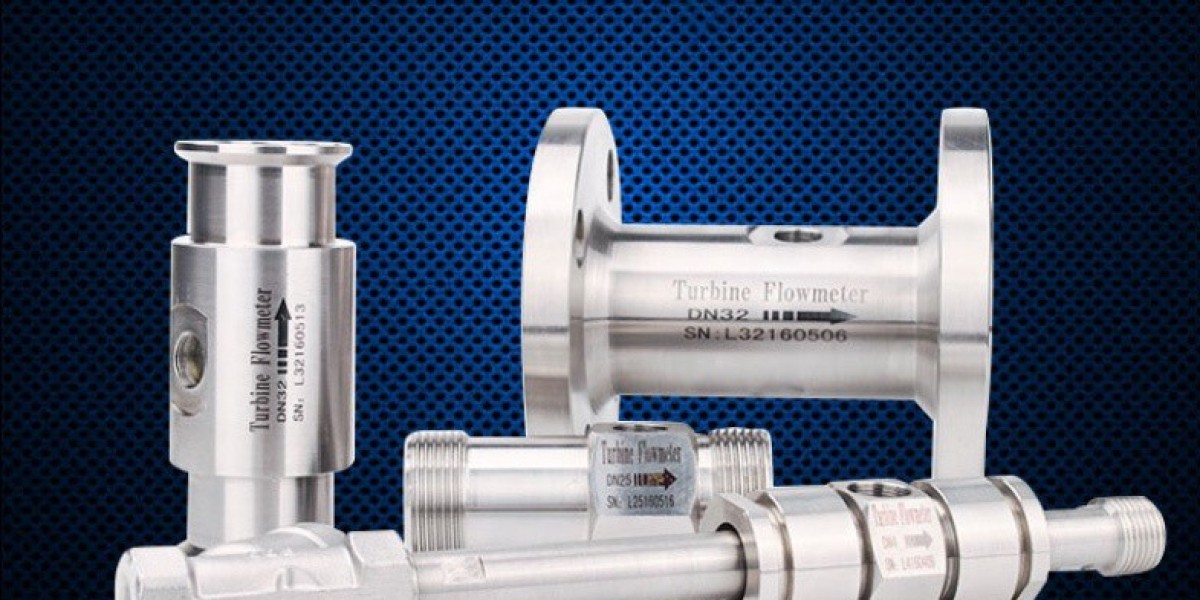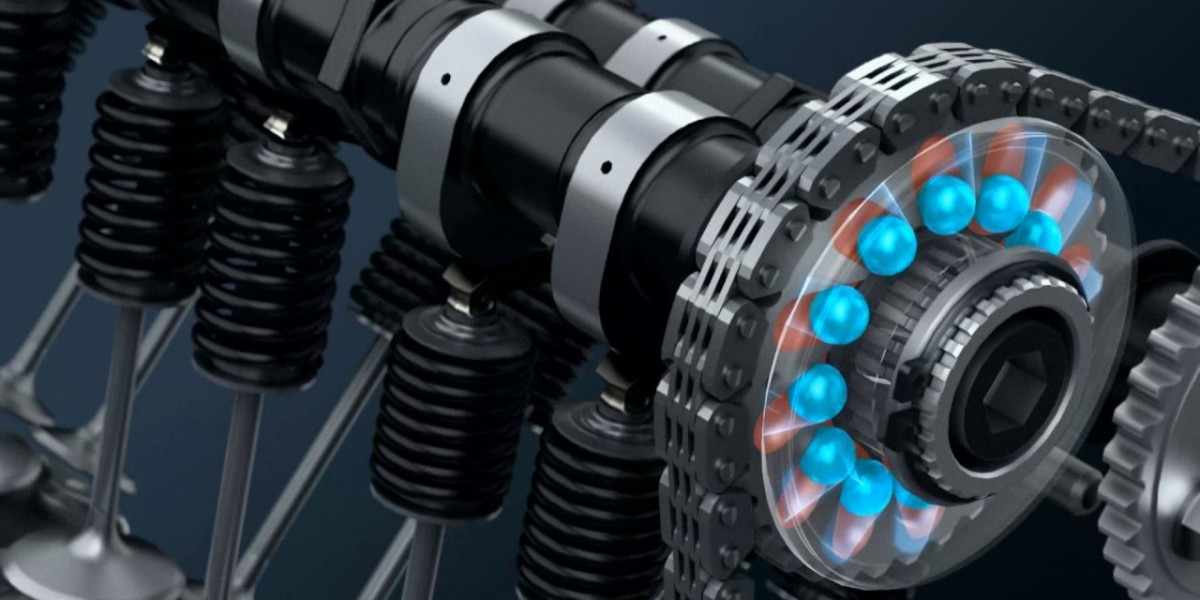Mental health isn’t always black and white. It’s layered, complex, and deeply personal. When we hear terms like depression or BPD (Borderline Personality Disorder), we often assume they’re one and the same—or confuse one for the other. But the truth is, while they may look similar on the surface, they are different in many important ways.
In this blog, we’ll break down the myths, unpack the truth, and help you understand the real differences in Depression vs BPD (Borderline Personality Disorder). Whether you're seeking clarity for yourself or trying to support a loved one, understanding the signs and symptoms can lead to better healing, empathy, and support.
Let’s begin by shining a light on both.
What Is Depression?
Depression isn’t just sadness. It’s a mental health condition that impacts how a person feels, thinks, and manages daily life. It can show up as:
Persistent feelings of emptiness or hopelessness
Loss of interest in things once enjoyed
Fatigue or lack of energy
Difficulty concentrating
Changes in appetite or sleep
Thoughts of worthlessness or, in severe cases, suicide
Depression often lasts for weeks, months, or even longer. It can be triggered by life events, trauma, genetics, or even chemical imbalances in the brain.
It’s important to remember: depression is not a weakness, and with the right help—like therapy, support, or medication—it can be managed effectively.
What Is BPD (Borderline Personality Disorder)?
Borderline Personality Disorder, or BPD, is a different kind of struggle. It’s a personality disorder that affects how someone sees themselves and relates to others. People with BPD often experience:
Intense mood swings
A deep fear of abandonment
Difficulty maintaining stable relationships
Impulsive behavior (spending sprees, risky decisions)
Episodes of anger or self-harm
A shaky or distorted self-image
Unlike depression, which tends to be more consistent, BPD can feel like an emotional rollercoaster. A person might feel happy one minute and devastated the next, without warning.
Depression vs BPD (Borderline Personality Disorder): The Key Differences
This is where confusion often begins. Many symptoms overlap. Both depression and BPD can include sadness, low self-worth, and suicidal thoughts. But context and patterns are what truly set them apart.
Here’s a closer look at the major differences:
| Symptom | Depression | BPD (Borderline Personality Disorder) |
|---|---|---|
| Mood | Consistently low or flat | Intense, unstable, and reactive |
| Self-Image | Often negative or self-critical | Shifting, sometimes self-loathing |
| Relationships | May withdraw or isolate | Intense fear of abandonment; unstable bonds |
| Impulsivity | Less common | Frequent (spending, sex, bingeing, etc.) |
| Suicidal Thoughts | Can be ongoing | May come and go suddenly, often in response to emotional pain |
Understanding these differences can help reduce misdiagnosis, which unfortunately still happens far too often. Someone with BPD might be diagnosed with depression first, especially if their mood changes aren’t fully understood.
Breaking the Myths
Let’s clear up a few common myths about Depression vs BPD (Borderline Personality Disorder):
❌ Myth 1: BPD is just “extreme depression.”
✅ Truth: BPD is a different diagnosis with unique emotional and behavioral traits.
❌ Myth 2: People with BPD are manipulative.
✅ Truth: Their behavior is driven by deep emotional pain, not malice.
❌ Myth 3: Depression is always caused by something obvious.
✅ Truth: Depression can arise without any clear external cause. Brain chemistry, genetics, and history all play a role.
The more we break these myths, the more people can receive the right diagnosis and care.
Real Help Starts with Real Understanding
Getting the right support is crucial. At Evolve Psychiatry, we believe in meeting people where they are—with empathy, evidence-based care, and no judgment. Whether someone is struggling with depression or BPD, the first step is always understanding.
A proper diagnosis helps in crafting the right treatment plan. For depression, this may include:
Cognitive Behavioral Therapy (CBT)
Medication (like SSRIs)
Lifestyle changes (sleep, exercise, nutrition)
Support groups
For BPD, treatment often focuses on emotional regulation and relationship skills, including:
Dialectical Behavior Therapy (DBT)
Individual and group therapy
Mindfulness techniques
Medication for co-occurring conditions like anxiety or depression
Evolve Psychiatry is here to walk with you through the healing process, step by step. You don’t have to face it alone.
When to Reach Out
If you or someone you know is feeling overwhelmed, it’s okay to ask for help. Mental health struggles are real—but so is recovery. Knowing the difference between Depression vs BPD (Borderline Personality Disorder) isn’t about labeling people. It’s about understanding them better.
At Evolve Psychiatry, we believe that knowledge leads to healing, and compassion leads to change. Take the step today. Talk to a professional. Ask questions. Learn more.
Your mental health matters. And the truth? You're not broken—you’re human.
Final Thoughts
It’s time to change the conversation around mental health. By understanding Depression vs BPD (Borderline Personality Disorder), we take one more step toward empathy, awareness, and real healing.
Let’s break the myths. Let’s spread the truth. And most importantly, let’s evolve—together.
Take the next step with Evolve Psychiatry. Your mind matters. Let’s take care of it.








